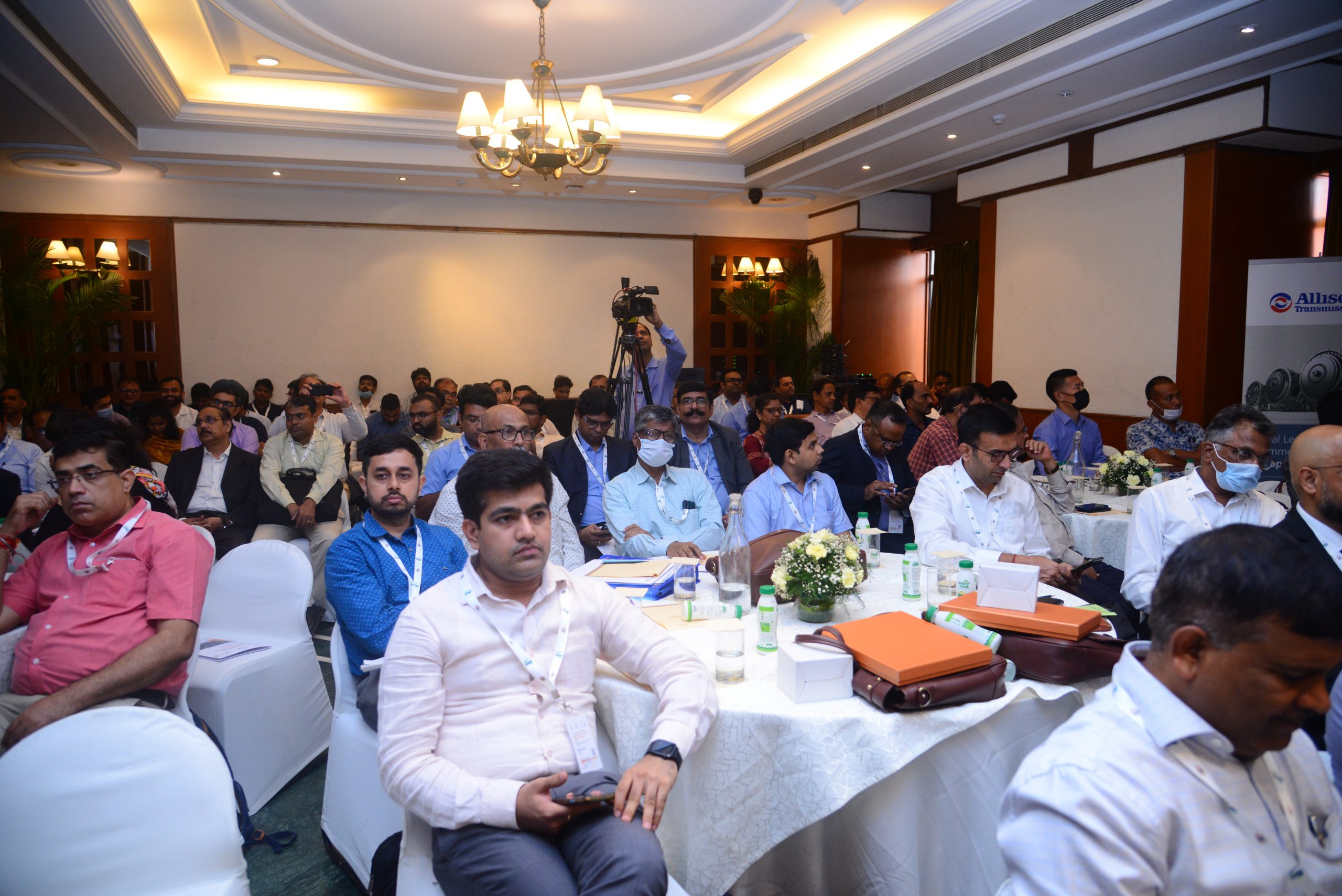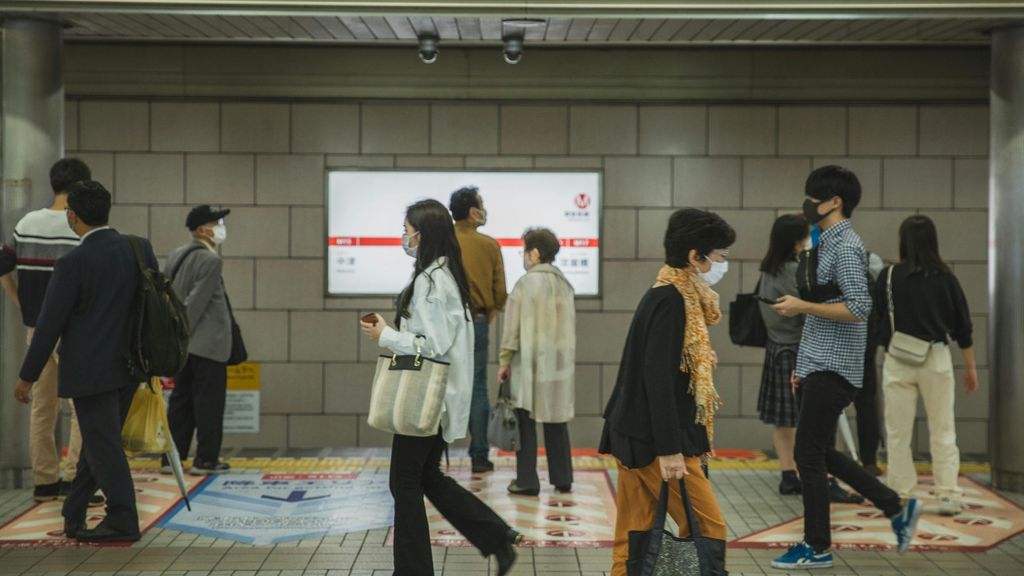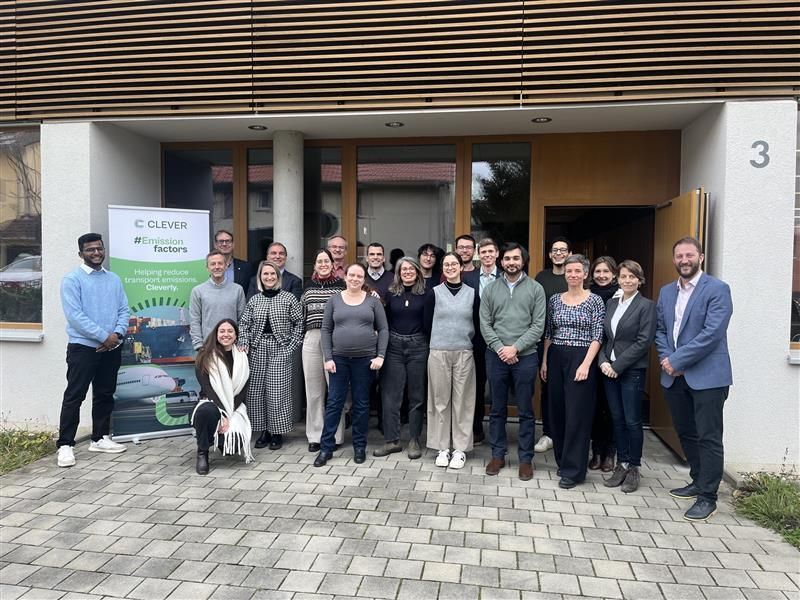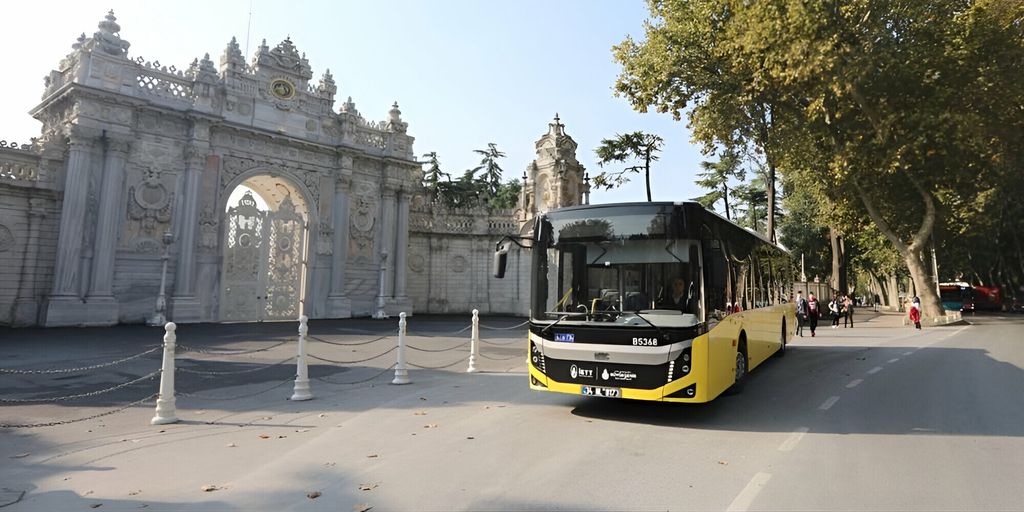
Steering Electrification of Indian Bus Systems: UITP India successfully organised Bus Seminar 2022
Demystifying Electric Buses for India
UITP India successfully organised the 6th edition of UITP India Bus Seminar 2022, hosted by Delhi Integrated Multi-Modal Transit System (DIMTS) Ltd.
The flagship annual event held on 15 July in New Delhi, was supported by Ministry of Road Transport and Highways (MoRTH) and Association of State Road Transport Undertakings (ASRTU). In line with Government of India’s commitment to decarbonise public sector transport by 2030, the seminar focused on critical theme of ‘Demystifying Electric Buses for India’.
The seminar witnessed a gathering of more than 200 participants plus many more domestic and international participants joining online. The participants included representations from State Transport Undertakings, Ministries, Original Equipment Manufacturers (OEMs), technology service providers, think tanks, and multilateral organisations. The seminar encompassed 22 key national and international speakers from known organisations such as Sylvain Haon from UITP, Shaun Bretstein from Optibus Ltd, Neeraj Bhagwatula from Enel X, and Ivan Lopez De La Casa from EMT Madrid who shared their knowledge and experiences on various topics of Electric buses.
We were very happy to see an increasing number of female speakers joining from reputed organisations in India and abroad such as Swati Khanna from KfW Development Bank, Hema Russell from Go-Ahead London, Jalpa Jain from Aadinath Bult Pvt Ltd, Anupama Saha from DIMTS and Priya Singh, co-founder at Chalo.
The event was sponsored by OptiBus, Enel-X, Tata Motors, SWITCH, Microgrid Labs, Chalo, Force Motors, PMI, JBM, Allison Transmission, and media partners MotorIndia, Sustainable Bus, Urban Transport News and ETN.
Panel Discussion on Electrification of Indian Bus Systems
The event kicked off with opening addresses and remarks by Mr T Surya Kiran, Executive Director, ASRTU, Mr Sylvain Haon, Senior Director – Strategy, UITP and Mr Rajesh Aggarwal, Managing Director, DIMTS Ltd. Mr Ashish Kundra, IAS- Principal Secretary and Commissioner of Transport, Government of NCT of Delhi gave the inaugural address highlighting the growing importance of Electric Buses in public transport fleet in city of Delhi and India. In his keynote address, Mr. Kailash Gahlot, Minister of Transport, Government of NCT of Delhi highlighted that the future of India’s public transport system in lies in electrification of buses as it is more economical as well as environmentally friendly in comparison to other fuel based transport system. The inaugural session ended with a vote of thanks given by Ms. Rupa Nandy, Head of UITP India.
The plenary session chaired by Mr. Sudhendu J Sinha, Advisor NITI Aayog was an insightful and interactive discussion on energy mix and roadmap for electrification of India Bus Systems. Mr Ashish Kundra, IAS- Principal Secretary and Commissioner of Transport, Government of NCT of Delhi, Mr Shekhar Channe, IAS- Vice Chairman and Managing Director, Maharashtra State Road Transport Corporation (MSRTC), Mr Lokesh Chandra, IAS- General Manager, BEST, Mumbai and Ms Swati Khanna, Senior Sector Specialist, Urban Development & Mobility, KfW Development Bank discussed the bidding arrangement, contract agreement, infrastructural requirements, and the challenges associated with electrification of bus systems.
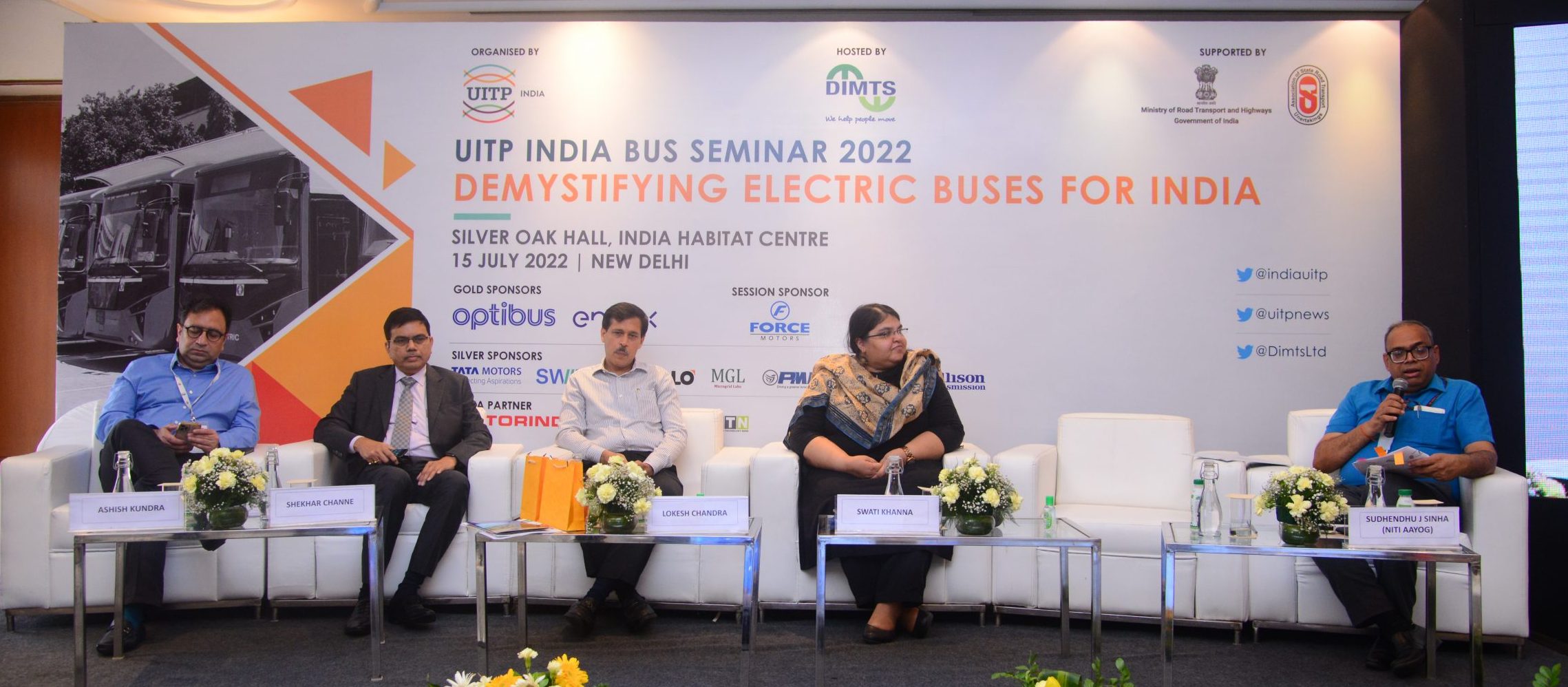
Demystification of Electric Bus Systems through technical sessions
The key highlights of the seminar were the three technical sessions on Contracting for Electric Buses, Planning and Operations of Electric Buses, and Digitalisation in Electric Bus Operations. Key national and international speakers from different organisations and cities came together on a single platform to share their experience and initiatives in development of electric bus systems.
The first technical session chaired by Swati Khanna, Senior Sector Specialist, Urban Development & Mobility, KfW Development Bank witnessed discussion on approach towards evaluating current bus contracts, grant support for improving bus services in Indian cities; experience of Contracting for electric buses in Delhi, future plans and implementation challenges; international case study presentation from Go-Ahead London on introducing and running London’s first electric buses; and India’s progress in reducing e-bus contract prices through standardised procurement of buses.
The second technical session chaired by Flavio Grazian, Project Manager, UITP on planning and operations of Electric Buses saw interesting presentations on financial viability of electric buses for operators; key learnings and outcomes of the ZeEUS (Zero Emission Urban Bus System) and Assured projects, both of which represent ground breaking work done by UITP to implement e-buses in Europe; need for adopting technology and software for building more efficient public transport system; and international case study discussion on charging infrastructure planning for electric buses.
The concluding session on digitalisation in electric bus operations was chaired by Ms Anupama Saha AGM, DIMTS witnessed an insightful presentation on monitoring and control for electric buses in Madrid; evolving electronic payment systems for bus transport – open loop system; case study presentation on NCMC compliant integrated digital ticketing solutions for public transport; and the impact of intelligent transportation system on electric bus operations in Surat.
Presentations of the UITP India Bus Seminar 2022 on 15th July are available to the registered participants and members on MY LIBRARY
The key takeaways and discussions of the UITP India Bus Seminar 2022 can be downloaded through the UITP India Bus Seminar Report 2022
Setting the stage through an Electric Bus Training
On 14 July 2022 the preceding day of the UITP India Bus Seminar, UITP India also conducted a training on Planning, Financing, and Performance Evaluation of Electric Buses to build capacity on e-buses for key stakeholder groups in New Delhi. The training supported by the Association of State Road Transport Undertaking (ASRTU), involved active engagement and discussion with State Transport Undertakings (STUs), global transport professionals, and other key stakeholders associated with deployment of e-buses in India. The training had insightful presentations discussing the latest trends and developments in total cost of ownership models, planning for transition to electric buses with key case studies and examples discussed from India such as BMTC and KSRTC. The BMTC approach for e-bus planning and TCO analysis presented at the training is developed under the project ‘Soot-Free Low-Carbon Public Fleet – Case study of Bangalore Metropolitan Transport Corporation (BMTC)’ supported by International Council on Clean Transportation (ICCT) to develop a long-term strategy towards electrification. The presentation on Electric bus route selection for Regional Services – Case study of Kalyana Karnataka Road Transport Corporation (KKRTC) is part of the project supported by US based philanthropic fund. The one-day electric bus training and the UITP India Bus Seminar provided a perfect opportunity to gain and share knowledge from various national and international players in the Electric Bus domain.
Presentations of the E-Bus Training conducted on 14th July are available to the registered participants and members on MY LIBRARY
The key takeaways and discussions of the E-Bus Training can be downloaded through the E-Bus Training Report
2025 Training Calendar

